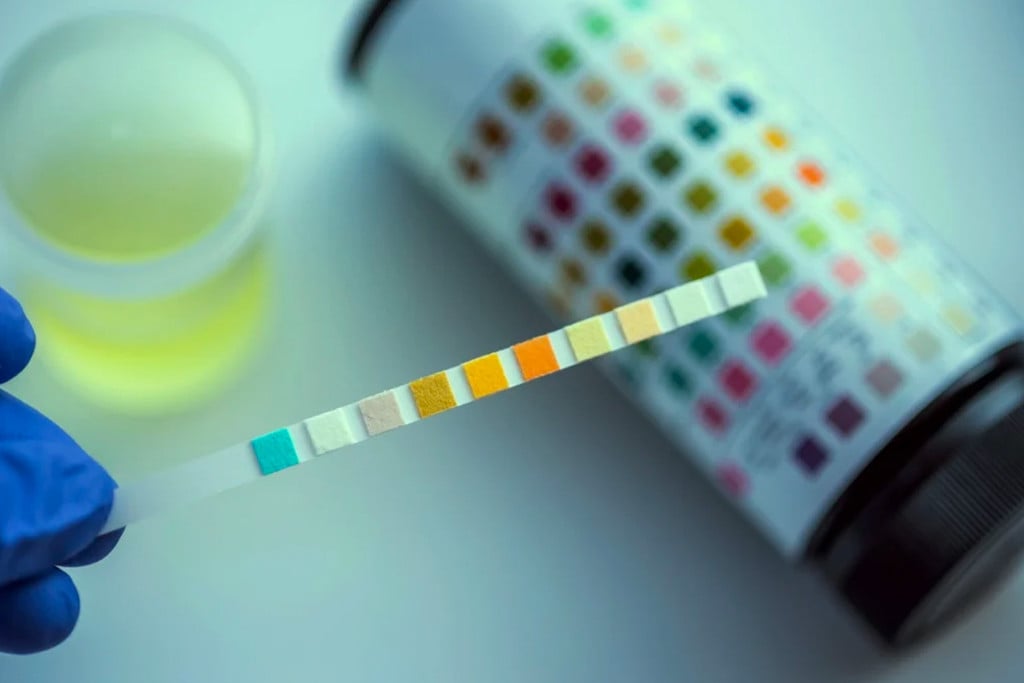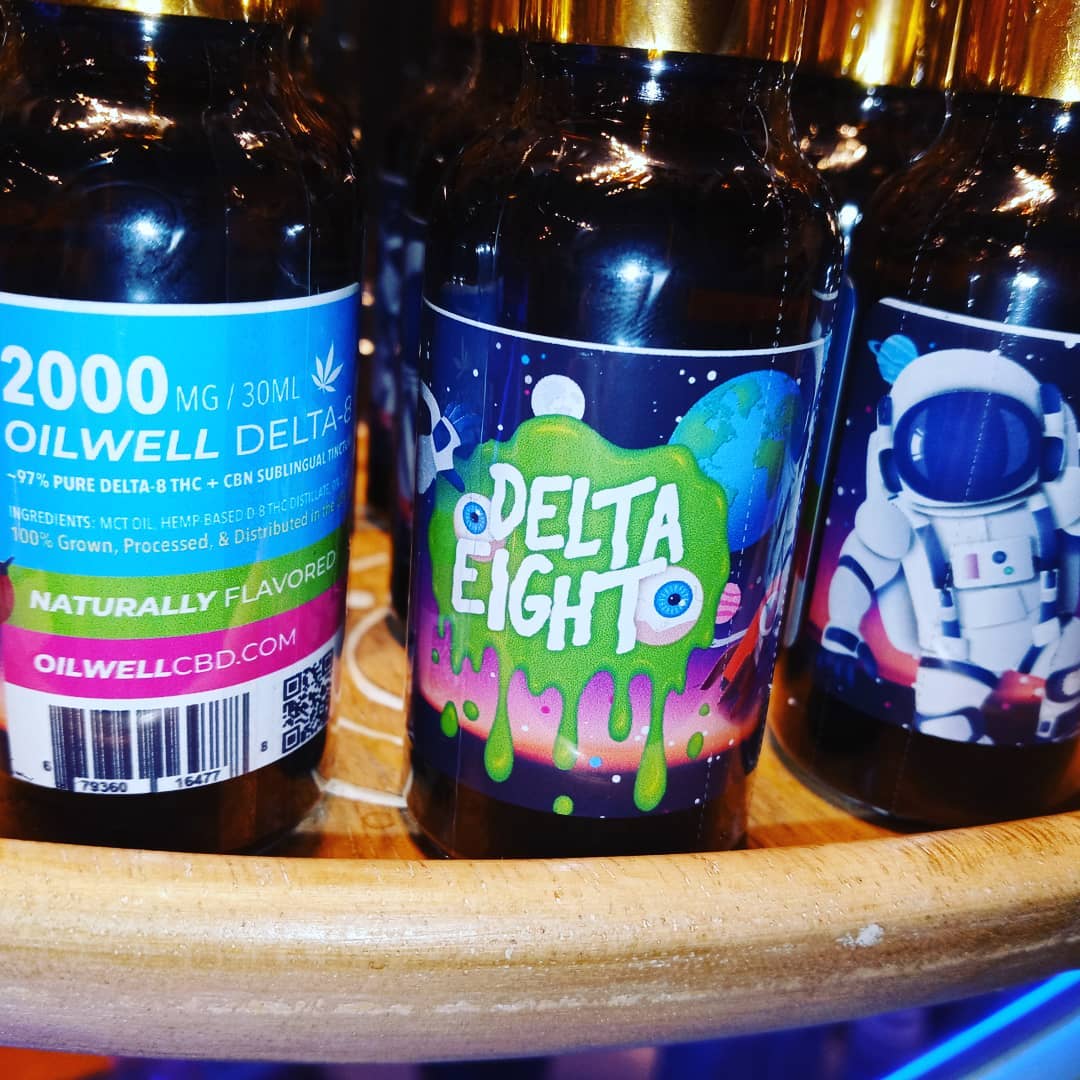
You might wonder whether you can become addicted to marijuana edibles if your intention is to try them. Marijuana and cannabis can be highly addictive. Therefore, you should consult with a medical professional before consuming them.
Addiction to Marijuana Edibles
To keep track of the amount you eat, you should start by eating small amounts and then consume non-infused beverages or snacks in between. This helps to prevent physical dependency or addiction. These can be dangerous when you take too much substance at once.
The Effects Of Eating Edibles
The effects of edible cannabis last much longer than the effects from vaping or smoking. This is because THC from edibles releases slowly into your body. This allows your body to absorb THC in its fullest effect.

You may experience different side effects depending on how much and what type of edible you consume. Some of these side effects are nausea, fatigue, or dizziness. These symptoms typically subside with time as the THC from edibles is metabolized.
It's also a good idea to make sure that you don't consume too many edibles at once, as they are often more potent than their smoked counterparts. Overconsumption of edibles can have unpleasant and potentially dangerous side effects, including seizures or paranoia.
THC Is Highly Addictive
Consuming large quantities of edible marijuana can lead to physical dependence on the product. This can lead to cravings for more and more of the substance, causing you to increase your dosage. If you suddenly stop using a substance, you might experience withdrawal symptoms.
If you or someone close to you is struggling with addiction or marijuana abuse, it's vital that they seek treatment. Your insurance might cover the entire or a portion of your treatment at American Addiction Centers Facility.

Delayed onset of effects Unlike smoking weed, the effects can take from 30 minutes up to 2 hours. This means that edibles are more likely than cigarettes to lead to an overdose. This is because edibles must be consumed for a few hours before the THC within them can be completely digested.
Because they haven't tried edibles, they may be more likely to experience these effects. Start with small amounts, and wait 2 hours or more before you consume any more.
You should also keep a place in your home where you can safely consume edibles, to avoid accidentally ingesting something harmful or toxic. You should also have a backup plan in case you need to consume edible cannabis outside your home.
FAQ
How big does the global CBD market look?
Euromonitor International estimates that the global CBD market is worth $US3.5Billion in 2015. This is more than 10% higher than 2014
The report predicts that this figure will grow by 12% annually to $US6.4 billion in 2020.
CBD products are predicted to account for half of all the hemp-derived products globally by 2020.
This includes both CBD oils and other CBD products such as food, beverages, cosmetics, and pet care items.
What amount of CBD do I require?
It all depends on the product you're purchasing.
CBD oils can be purchased in strengths of 100mg up to 1,000mg per bottle.
Some CBD products are made with precise dosages.
Charlotte's Web, for instance, produces CBD products that are high in CBD and other cannabinoids.
Start with a low dosage if you are unsure if CBD is right for you.
It is possible to always go higher.
Can I use CBD during pregnancy?
There isn’t enough research available to confirm that CBD is safe to be used during pregnancy.
However, CBD does not appear to be a danger to the baby based upon the limited information.
Pregnant mothers should not consume CBD unless it is recommended by their doctor.
The Food and Drug Administration has issued a warning regarding potential risks of CBD use during pregnancy.
FDA claims that "there are some evidences that cannabis consumption during pregnancy may increase the likelihood of miscarriage."
The agency stated that further research is required before a firm conclusion could be drawn.
What are the best CBD brands available?
These top CBD brands were handpicked by us on the basis of quality, reliability and value.
They sell high-quality CBD oil products with less than 0.2% THC.
We also recommend checking out our list of the best CBD sellers worldwide.
What is the difference in CBD prices between states?
Prices for CBD products are dependent on where you live. Prices can vary up to ten times, in fact.
Prices tend to increase as you move further north. CBD can be found in Alaska at $35 per kilogram, and Hawaii at $200 per grams.
This trend is evident throughout the country. Prices can range from $5-$2,500 per gram.
Why is this happening?
The varying levels and regulations of cannabis regulation are one reason prices can vary widely. Some states require that CBD products contain no THC (the psychoactive ingredient of marijuana). Other states don’t care about how much THC is in CBD products.
Some companies will sell their products in one place and ship to another.
Are there any common mistakes companies make when entering the US cannabinoid marketplace?
It is easy to make a mistake by not knowing the regulations surrounding cannabis products. This could be a sign that your product formulation needs to be changed.
Another mistake is not being able to correctly label your product. It is essential to find out if your product contains either THC or CBD.
Thirdly, you should understand how to package your product correctly. You must make sure that your product contains THC.
You can still use all the packaging laws even if your product contains no THC. Many states have legalized cannabidiol (CBD).
Keep track of any recalls regarding your products. It is crucial to notify customers as soon possible if you have a problem with your product.
Statistics
- A recent systematic review of human trials also reported that individuals with epilepsy receiving CBD (5–20 mg·kg−1·day−1) were more likely to experience decreased appetite than those receiving placebo (i.e., ~20 vs. 5% of patients) (ncbi.nlm.nih.gov)
- however, one study also found that these effects were virtually abolished when the original media (a nutrient broth agar) was replaced with one containing 5% blood (increasing the minimum concentration to ~160 μM CBD) [179]. (ncbi.nlm.nih.gov)
- The use of these products is likely to become even more widespread if the World Health Organization's recommendation that CBD no longer is scheduled in the international drug control conventions is adopted by the United Nations member states [201]. (ncbi.nlm.nih.gov)
- HR −16 mmHg; 95% CI −26, −6; I2 = 92%) (ncbi.nlm.nih.gov)
- While the primary injury may not be treatable, interventions that attenuate secondary sequelae are likely to be of benefit [203].Only one study (ncbi.nlm.nih.gov)
External Links
How To
How to Get Certified for Selling CBD Products
CBD (cannabidiol), a cannabinoid found in cannabis plants, is just one of the many. It has been used medicinally for centuries, even in South American countries like India, China, and China. Due to its ability treat conditions like anxiety and pain, epilepsy, inflammation, and other ailments, it has become increasingly popular. The U.S. does not have an official certification program yet for CBD products. Therefore, anyone wanting to make a living selling CBD products must rely on their "unofficial" self-certification.
There are two methods to do this. The first option is to join a canna business association. This allows you to network with other owners and get advice and support. There are currently many associations across the country. Second, you can go online. The majority of states allow cannabusinesses to be online. You can create your own website and start taking orders immediately if you are allowed to do so. You must register with the Department of Public Health in your state. Once you have been registered, you will be able apply for a state license through the department of public health. After you have received your license, your store is officially open and you can begin taking orders.